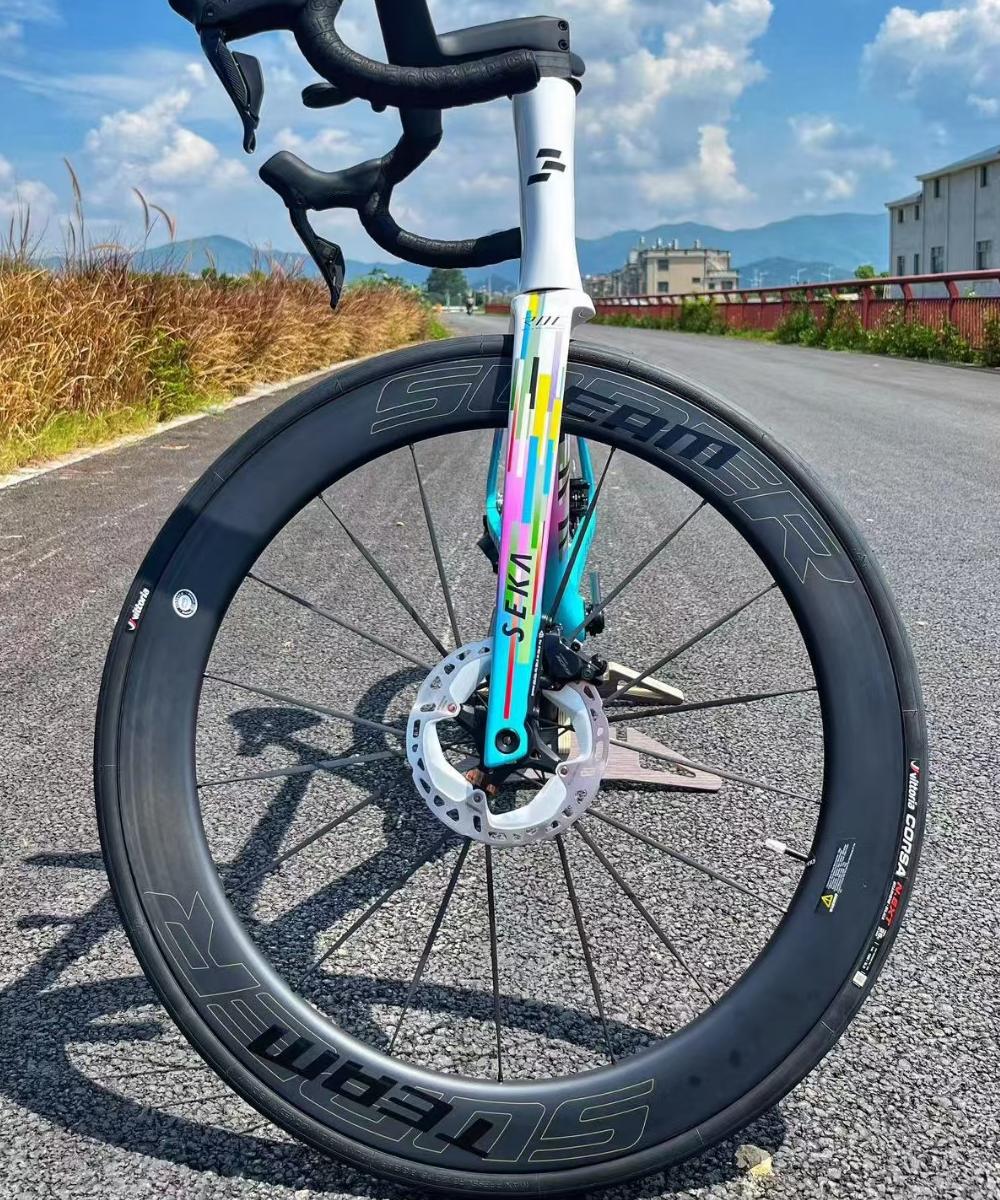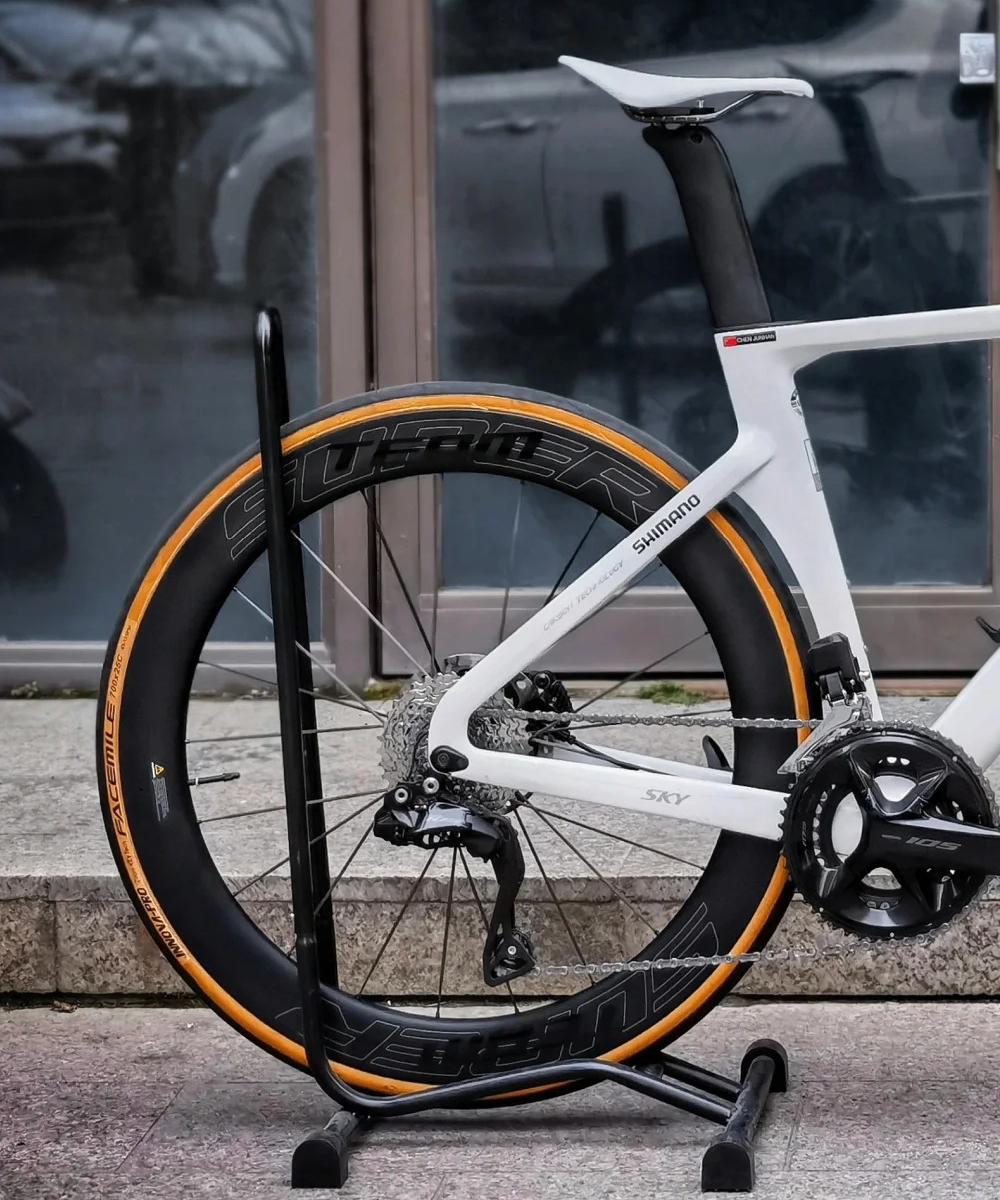Does Spoke Count Really Affect Your Ride Quality?
When choosing a wheelset, spoke count is one of the first specs you’ll notice. Common numbers range from lightweight 16 or 18 spokes for racing wheels to robust 32 or 36 spokes for endurance and touring setups. But beyond aesthetics and weight, does the number of spokes truly impact how your bike rides? Let’s explore the role of spoke count and how it affects your ride quality.
What Does Spoke Count Mean?
Spoke count refers to the number of spokes connecting the hub to the rim. More spokes generally mean:
Higher overall wheel strength
Better load distribution
Increased durability and resistance to impact
Fewer spokes usually aim to reduce weight and aerodynamic drag, benefiting speed-oriented riders.
How Spoke Count Influences Ride Quality
1. Strength and Durability
Higher spoke counts increase the wheel’s ability to handle heavy loads and rough terrain. This translates to fewer broken spokes, less frequent maintenance, and a more reliable wheel over time—especially important for heavier riders or those carrying gear.
2. Flex and Comfort
Wheels with fewer spokes tend to flex more laterally, which can provide a slightly softer ride by absorbing small bumps and vibrations. This can enhance comfort but may feel less precise in aggressive cornering or sprinting.
3. Weight Considerations
More spokes add weight to the wheel, which can affect acceleration and climbing. Competitive cyclists often prefer lower spoke counts to save grams and improve speed.
4. Aerodynamics
Fewer spokes reduce air resistance, giving a marginal aerodynamic advantage, especially at higher speeds. This is why aero wheels commonly feature 16 to 20 spokes.
Finding the Right Balance
Racing and Speed Focus: 16 to 24 spokes, prioritizing light weight and aerodynamics.
Endurance and Touring: 28 to 36 spokes for durability, comfort, and load capacity.
Mixed Terrain: A moderate spoke count (24-28) can offer a good compromise.
Other Factors Impacting Ride Quality
While spoke count matters, it’s not the only factor influencing your ride. Consider:
Spoke Material and Thickness: Different materials and spoke gauges affect stiffness and weight.
Lacing Pattern: How spokes are arranged changes wheel stiffness and shock absorption.
Hub and Rim Quality: A well-built hub and strong rim are vital for overall performance.
Conclusion: Spoke Count Matters, But It’s Just One Piece of the Puzzle
Spoke count does affect ride quality, but its impact varies depending on your riding style, weight, and terrain. The key is choosing a wheelset that balances strength, comfort, weight, and aerodynamics to suit your specific needs.
Rather than fixating solely on spoke count, focus on the overall wheel design and quality for the best riding experience.
If you'd like, I can also provide SEO keywords or a summary for this article!




